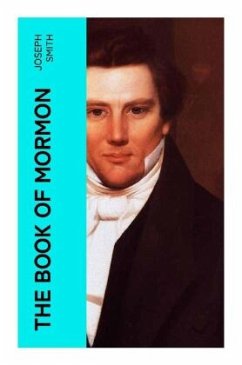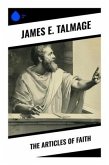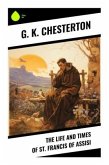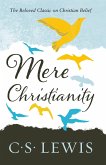The Book of Mormon stands as a seminal and complex text that unfolds the spiritual and historical narratives of ancient American civilizations. Written in a style reminiscent of the King James Bible, it combines poetic passages, direct discourse, and narrative storytelling to convey its messages of faith, redemption, and moral instruction. This work not only engages the reader with its multifaceted characters and vivid accounts but also situates itself within a broader discourse on religion and spirituality in the 19th century, particularly in relation to the establishment of the Latter-day Saint movement. The Book of Mormon introduces concepts of divine progression and the importance of personal revelation, compelling readers to explore their own beliefs in the context of its teachings. Joseph Smith, the author and prophet of the Latter-day Saints, produced this text in 1830, drawing from a vision of divine inspiration and a fervent desire to restore what he perceived as lost truths of Christianity. His background, including his early experiences with folk spirituality and religious fervor during the Second Great Awakening, profoundly influenced his writings. Smith's ambition to establish a new religious foundation contextualizes The Book of Mormon as both a spiritual guide and a testament to his faith journey. This landmark work is recommended for those interested in religious studies, American history, and spiritual exploration. It offers readers an opportunity to delve into unique theological perspectives while reflecting on the enduring questions of faith and morality. The Book of Mormon is not just a religious text; it invites engagement, contemplation, and dialogue, enriching the discourse on faith in a contemporary setting.
Bitte wählen Sie Ihr Anliegen aus.
Rechnungen
Retourenschein anfordern
Bestellstatus
Storno








